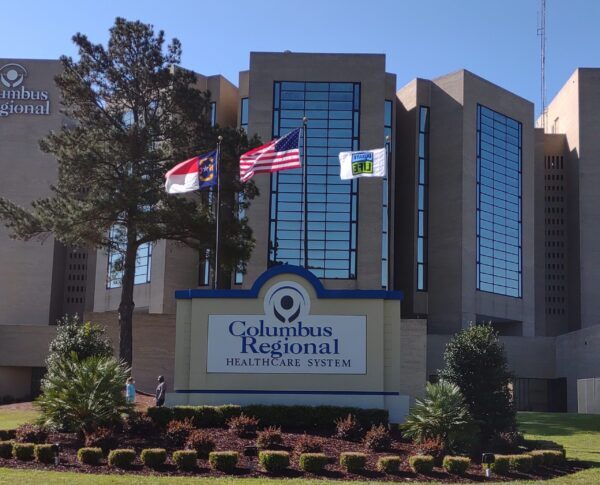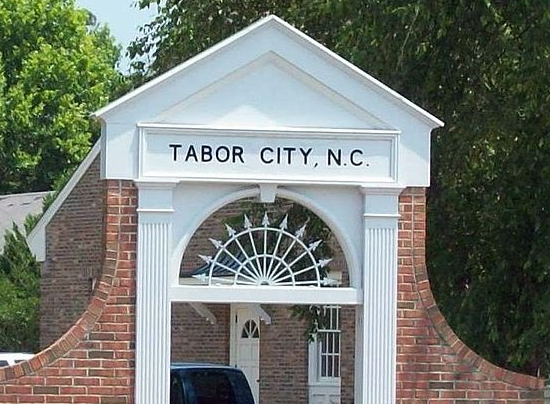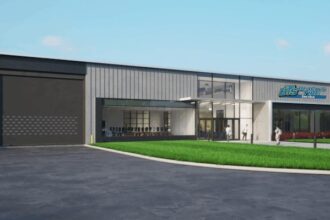Around $4 billion in medical debt statewide is being written off after 99 hospitals, including Columbus Regional, agreed to a state plan to increase Medicaid.
Gov. Roy Cooper and Human Services Secretary Kody Kinsley announced Monday that the medical debt relief program will affect around two million low and middle income residents. The program writes off a decade of medical debt, and prevents hospitals from selling debts to collection agencies.
“This is big, sweeping change that will benefit our health care system and the health and well-being of millions of North Carolinians,” said Kinsley. “It is an innovative approach that was thoughtfully developed with feedback from hospitals and national experts and gets more value from federal dollars.”
Hospitals that opt into the plan now have a series of deadlines to begin implementing the program that relieves past debt and enact policies to prevent debt. In exchange for writing off the debt, hospitals will receive higher Medicaid payments. More patients will also be automatically enrolled in Medicaid and entered into the charity care systems run by individual hospitals.
Columbus Regional Healthcare System already had charity care and financial assistance programs in place, CEO Jason Beck said in July, when the plan was announced. In 2023, charity care, bad debt and unreimbursed costs of care exceeded $15 million at CRHS.
By Jan. 1, 2025, patients who are enrolled in public benefit programs such as WIC and SNAP, enrolled in Medicaid, or who are experiencing homelessness will automatically qualify for charity care. By July 1, 2025, hospitals will forgive past debt of individuals on Medicaid and will also have policies in place to ensure medical debt does not impact a person’s credit rating and to curb aggressive debt collection practices for low-income patients, such as debt sales, excessive interest rates and home foreclosures.
Hospitals are required to meet and report on these and other milestones, as well as publicly post debt relief policies.
The program will leverage the state Medicaid program and federal dollars through the Healthcare Access and Stabilization Program (HASP) to encourage hospitals to relieve medical debt and prevent the accrual of debt in the future. By participating, hospitals will receive enhanced HASP payments that will bring an estimated $4 billion into the state this fiscal year and a projected $6.3 billion in the next year.
By signing on to the plan, hospitals have committed to relieve medical debt dating back to Jan. 1, 2014, for all Medicaid beneficiaries, as well as medical debt deemed uncollectible for all patients whose income is at or below at least 350 percent of the federal poverty level. Past medical debt that exceeds five percent of a person’s annual income will also be erased.
Participating hospitals will work with NCDHHS and Undue Medical Debt or other non-profit partners over the next two years to fully implement medical debt relief and debt mitigation policies. Patients do not need to take any action to benefit from the program.







